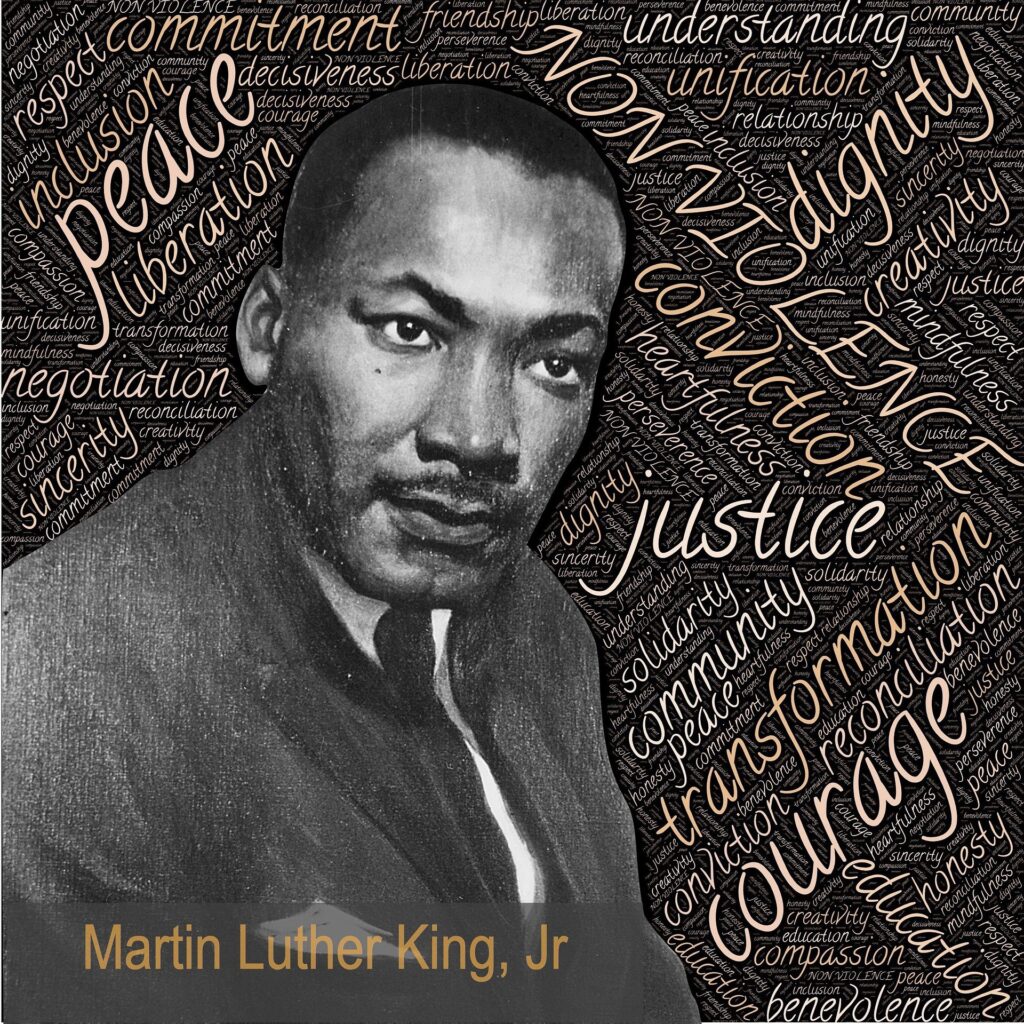Imagine a world where everyone receives a steady income, regardless of employment status or background. This isn’t a utopian dream—it’s a growing global conversation. Basic income, when well designed, can empower individuals, spark entrepreneurship, and foster peaceful, fair communities.
What is Basic Income?
Basic income refers to an unconditional, regular cash payment given to all citizens or residents. It’s not tied to employment or government programs. The idea is simple: give people enough to meet basic needs, and they’ll do the rest.
Pilot programs around the world—from Finland to Kenya—have tested this idea. The results show that basic income doesn’t lead to laziness, as critics fear. Instead, it gives people the breathing room to think, plan, and contribute.
Freedom to Create and Contribute

For many low-income individuals, daily life is about survival. There’s no space to dream, no capital to start a business, and no safety net to take risks. Basic income changes that.
Here’s how:
- Entrepreneurship: People use the money to launch small businesses, from food stalls to online shops.
- Skill Development: Some return to school or take short courses to improve their prospects.
- Community Involvement: With more stability, people find time to volunteer or lead local projects.
- Mental Health: Reduced stress improves decision-making and family relationships.
In Kenya’s basic income pilot by GiveDirectly, recipients reported improved food security, school attendance, and business ownership. That’s the impact you can see.
Peace Through Fair Opportunity

Inequality fuels conflict. When some have access to opportunity and others don’t, frustration grows. Basic income levels the playing field—at least partially—by giving everyone a baseline.
This promotes peace in several ways:
- Reduces desperation-driven crime by meeting basic needs.
- Fosters inclusion of people with disabilities, caregivers, and unemployed youth.
- Encourages self-reliance instead of dependency on one-time aid.
- Builds community trust, especially when cash transfers are transparent and predictable.
It’s not a silver bullet, but it’s a powerful tool in the mix of social and economic development.
What Critics Say—and the Real Picture
Some critics argue that basic income is too expensive or might reduce work motivation. But studies show that most people still work after receiving basic income—they just work better. They’re not forced into exploitative jobs or quick money schemes.
Plus, the long-term savings in health, education, and policing often outweigh the costs.
A Foundation for a Fair Future
As technology changes the nature of work and global inequality rises, basic income may become not just ideal, but necessary. It supports free enterprise by unleashing people’s creativity and capacity. And it lays the foundation for peaceful, inclusive societies.
The next time you hear about cash transfers, don’t dismiss them as handouts. They might just be the smartest investment in peace we can make.



